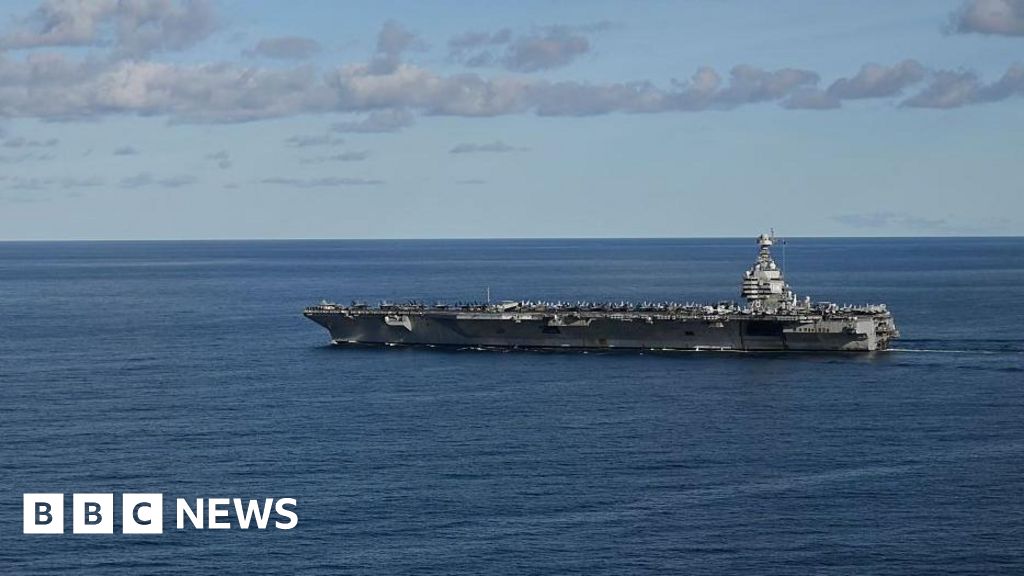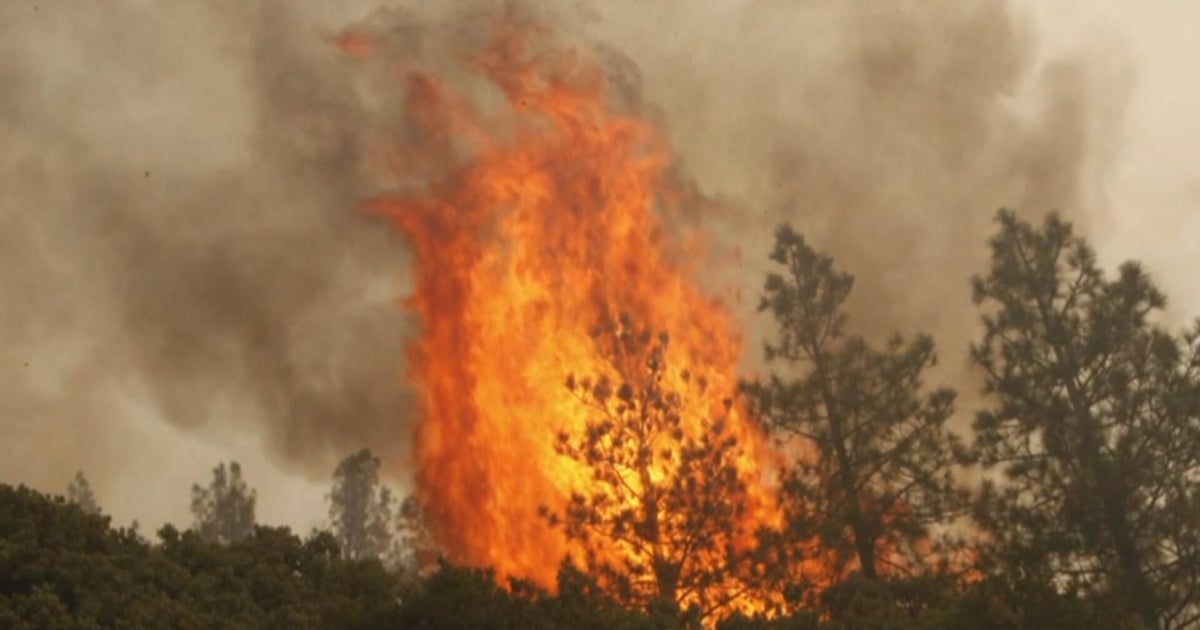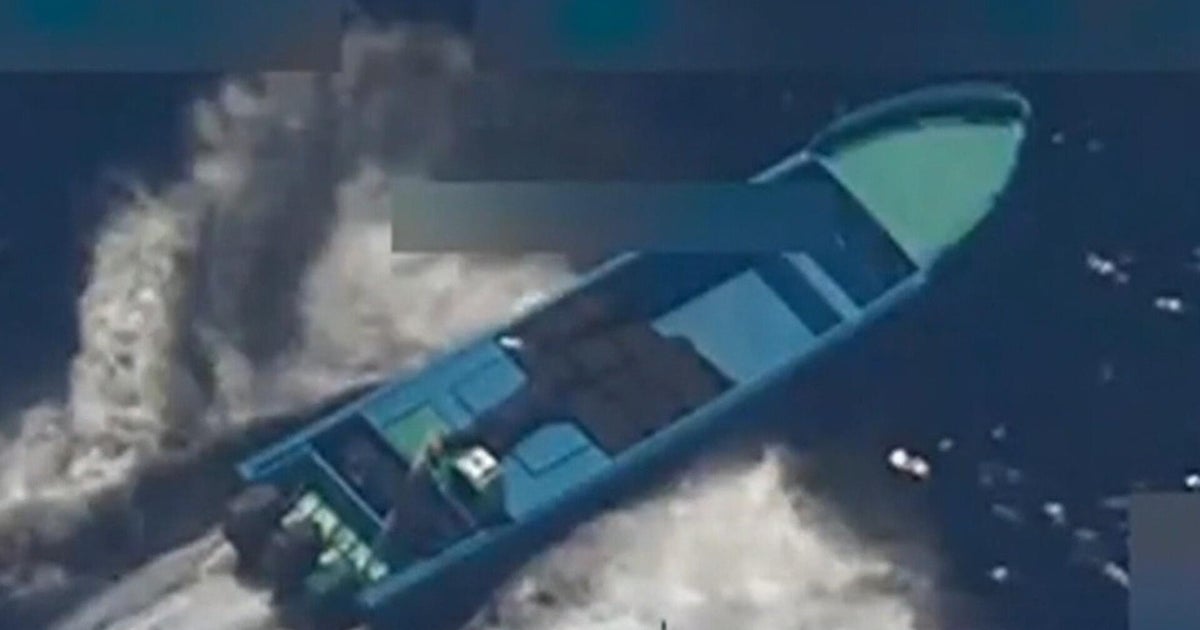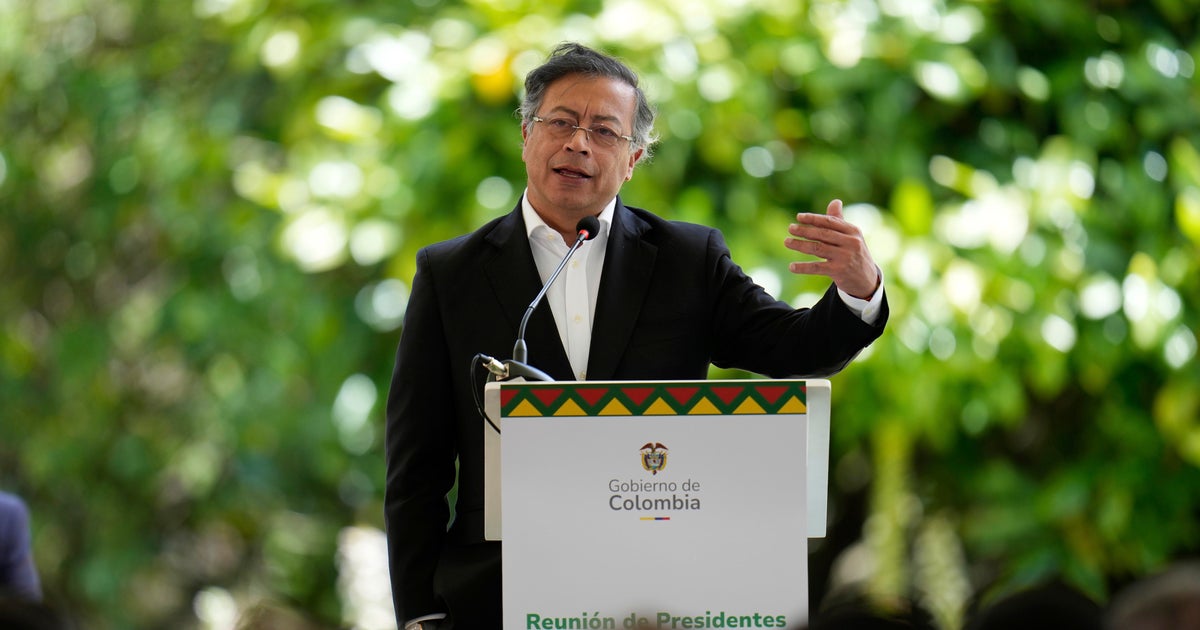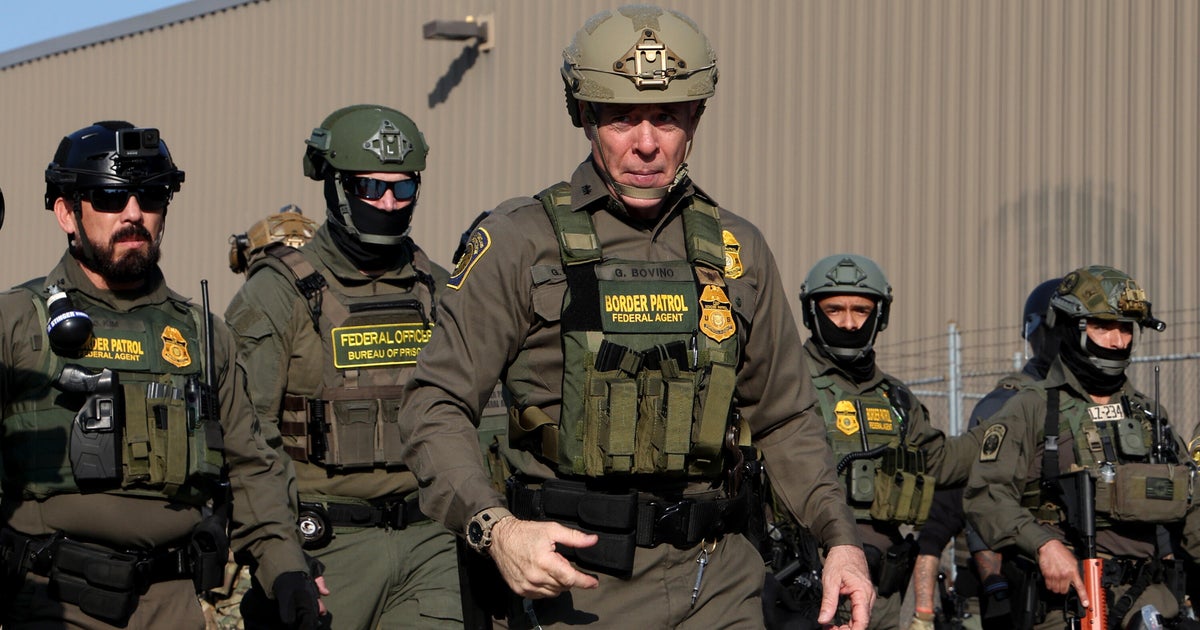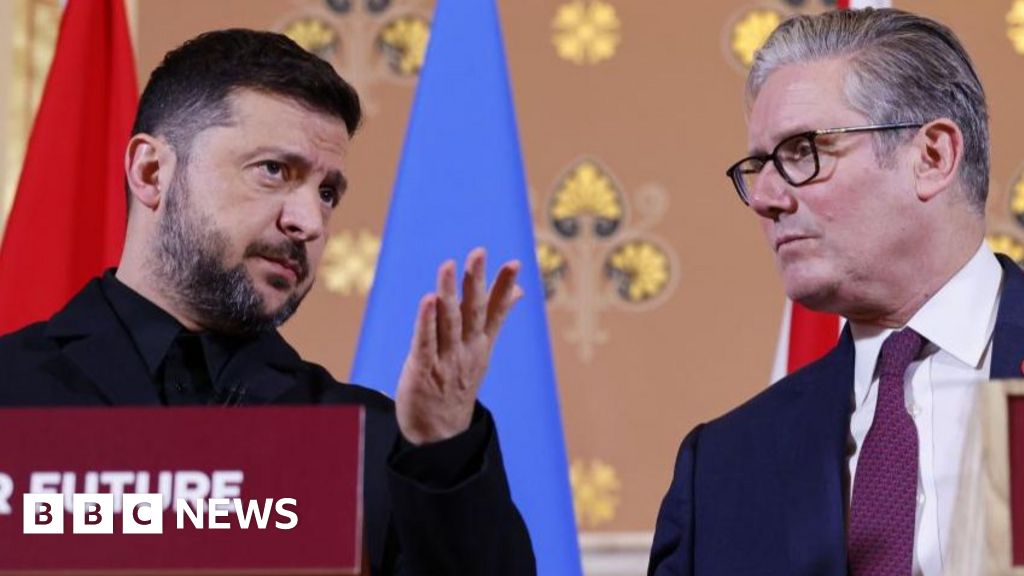As Donald Trump and Anthony Albanese fielded questions from reporters in the White House cabinet room during their first meeting on Tuesday morning, another world leader hovered over proceedings. He wasn’t in the room, yet he was top of mind.
Trump’s effusive comments about the AUKUS nuclear-powered submarine pact and his awkward interaction with Kevin Rudd dominated news coverage in Australia, but it was his comments on Chinese President Xi Jinping and the self-governing island of Taiwan that attracted global attention. When asked whether AUKUS was intended to serve as a deterrent to China, Trump answered yes.
It was a strikingly upfront, typically Trumpian response. Of course, China’s growing military power is a key reason that Australia is seeking such advanced military technology, but leaders have demurred from saying so publicly.
Trump quickly added that he was untroubled about becoming embroiled in a conflict with Xi because he believes his Chinese counterpart has no intention of seizing control of Taiwan while he is in the White House. “I think we’ll be just fine with China. China doesn’t want to do that,” Trump said. “As it pertains to Taiwan, and that doesn’t mean it’s not the apple of his eye because probably it is, but I don’t see anything happening.”
Explaining why he was so relaxed about the prospect of a Chinese invasion of Taiwan, Trump said: “First of all, the United States is the strongest military power in the world by far. It’s not even close. We have the best equipment. We have the best of everything, and nobody’s going to mess with that. And I don’t see that at all with President Xi.”
As US website Politico noted, this was just the second time Trump had spoken about Taiwan since he had returned to office in January. The comments came at a critical time. As Trump alluded to, while meeting with Albanese, he was already thinking ahead to a meeting with Xi. “I think we’re going to get along very well,” he said of his Chinese counterpart.
In foreign policy terms, Trump’s first nine months in the job have been dominated by Europe (where he has failed to end the Russia-Ukraine war) and the Middle East (where he has secured a fragile ceasefire in Gaza). Now, he is turning his focus to the Asia-Pacific. Next week, Trump is preparing to travel to Kuala Lumpur for the ASEAN meeting, then to Tokyo to meet new Prime Minister Sanae Takaichi before continuing on to the APEC summit in South Korea.
While in Gyeongju, south-east of Seoul, Trump and Xi are scheduled to hold their first meeting since he returned to power. While there is always the possibility the meeting could be cancelled, Trump has said he believes it will go ahead.
For Australia, which must balance its economic dependence on China with its security ties to the US, the implications will be enormous. Albanese has successfully stabilised relations with Beijing and secured a lifting of trade barriers while taking assertive steps to stop China from dominating the Pacific, including through a recent defence treaty with Papua New Guinea. The latest unsafe incident involving a Chinese military aircraft and an Australian air force plane over the South China Sea, which occurred just days before Albanese’s meeting with Trump, underscored the risk of a dangerous conflagration. Australian officials do not want the US provoking China, but nor do they want Washington to become blasé about Xi’s long-term strategic goals.
Never a believer in the “under-promise and over-deliver” school of politics, Trump told reporters in the White House: “We’ll make a deal on, I think, everything.”

US President Donald Trump downplayed the prospects of war over Taiwan in Washington this weekCredit: AP
“I think we’re going to make a deal on soybeans and the farmers. I think we’re going to make a deal on maybe even nuclear,” he said. Noting he had spoken to Russian President Vladimir Putin about reducing the risk of nuclear war, Trump said: “We are talking about de-escalation. It’s already being talked about, and I think we’ll probably add China into the mix.”
Trade is likely to be Trump’s top priority. Supporters of Taiwan have long feared that Trump could trade away support for the island for a grand bargain trade deal with Xi, and this week’s meeting looms as a test of that theory.
Whether the Trump-Xi meeting makes substantive progress or is relegated to a photo opportunity will depend on the latest round of trade talks between US and Chinese negotiators, led by Trump’s US Treasury Secretary Scott Bessent and Chinese Vice Premier He Lifeng. The talks kicked off on Friday in Malaysia and are set to run through the weekend.
Australian officials have long believed that engaging Trump in the Indo-Pacific is an important task for the Albanese government. Now he is not just engaged, but he is also on his way and promising a “deal on everything”. The implications for global free trade, the power balance in the Indo-Pacific and the status of Taiwan are immense.
Observing the Trump-Albanese press conference from Canberra, defence expert Sam Roggeveen felt far from relieved by Trump’s seemingly breezy approach to the possibility of a conflict over Taiwan. US officials believe Xi has instructed the Chinese military to be capable of fighting and winning a war over Taiwan, which it considers an integral part of Chinese territory, by 2027, though there is no evidence he has set this as a deadline. In September, Xi displayed China’s military capabilities at a lavish parade in Beijing, including advanced missiles and other technologies highly relevant to a possible war over Taiwan. This month, Xi stamped his authority even more firmly on the military, purging nine generals.
Loading
“Miscalculation is a danger on both sides,” says Roggeveen, the Lowy Institute’s program director for international security. “You get the sense the Chinese are feeling pretty confident about themselves and that the US system is in irreversible decline. They feel the winds of history behind them.”
Reflecting on Trump’s comments that US military power will deter an invasion, he says: “On a factual basis, Trump is wrong. The US still has the most powerful military on paper, but that is not terribly relevant to a Taiwan scenario. The days when the US had a clear advantage in the Taiwan Strait are over. China has the largest navy in the world in terms of ships, the largest missile force in the world, and it has a home ground advantage.”
He says Taiwan is far more important to China’s interests and its sense of identity than America’s, meaning it has more motivation to win a war. “Trump views the United States’ national security interests quite narrowly.”
The likelihood of a Chinese invasion of Taiwan is highly debated. Researchers at the Stimson Centre, a Washington think tank, argued in a detailed paper in September that a Chinese invasion of Taiwan would be “among the most complex and dangerous military operations in history” and its chances of occurring had been vastly overinflated by Western scholars. “From risk of nuclear escalation to prospects of political upheaval and economic catastrophe, the barriers to invasion are immense,” the experts wrote.
Naval expert Jennifer Parker believes too much has been read into Trump’s comments on Taiwan. “It’s the type of bravado you expect from Trump,” the adjunct fellow in naval studies at UNSW says.
While it is in Trump’s nature to hype up his ability to get along with Xi, Parker says those seated around Trump at the cabinet table are far less relaxed about the possibility of conflict.
In a major speech to the Shangri-La Security Dialogue in Singapore in May, Trump’s Defence Secretary Pete Hegseth said China was seeking to become a “hegemonic power” that hoped “to dominate and control too many parts” of Asia.

The Chinese, who regularly undertake military drills around Taiwan, have a home ground advantage in the region.Credit: AP
“Let me be clear: any attempt by communist China to conquer Taiwan by force would result in devastating consequences for the Indo-Pacific and the world,” he said. “There’s no reason to sugarcoat it. The threat China poses is real. And it could be imminent. We hope not but certainly could be.”
Parker says that, under Trump, the US military has continued to deepen military co-operation with Taiwan to boost its defences. Under a program approved by the US Congress under the Biden administration and continued under Trump, US Army Special Forces – specifically Green Berets from the 1st Special Forces Group, 2nd Battalion, Alpha Company – have been stationed at Taiwanese Army amphibious command centres in strategically crucial islands near the Chinese mainland.
The strategic positioning highlights the deep concern within the US system about the possibility of a Chinese invasion and the need for Taiwan to prepare. “Trump’s comments have not changed the risk level at all,” Parker says.
Countering these moves is the fact Trump has never displayed a particular interest in preserving Taiwan’s democracy, and that he has complained about the level of military support the US provides to the territory. Trump’s former national security advisor John Bolton says in his memoirs that Trump used the tip of a pen and a desk to describe the disparity in strength between Taiwan and China’s military strength. According to Bolton, Trump is “particularly dyspeptic towards Taiwan”.
Writing in Foreign Affairs this week following the Trump-Albanese meeting, China-Taiwan experts Marvin Park and David Sacks say Xi is likely to use his meeting with Trump to ask the US to reduce its support for Taiwan. “Xi could even go so far as to see whether Trump would be willing to fundamentally alter US policy toward Taiwan – by asking the United States to formally oppose Taiwan’s independence, for example – in exchange for lucrative Chinese trade and investment promises,” they say.

Donald Trump did not have a high opinion of Taiwanese military might, according to former adviser John Bolton.Credit: AP
Accepting such a deal, they say, would be a “grave mistake for the United States”. Instead, they say Trump should use his meeting with Xi “to push back on China’s encroachment and re-establish norms in the Taiwan Strait that have proved successful in reducing the possibility of miscalculation”, including by establishing a buffer zone around the island. Whether Trump supports Taiwan, undercuts it or ignores the issue altogether will be one of the most closely watched outcomes of his meeting with Xi.
Just as there was a striking disconnect between Trump’s casual rhetoric on Taiwan and that of his top officials, the same goes for economics. Just a few days before Trump was hyping up the possibility of a major trade deal and praising Xi’s “respectful” approach to the US, Bessent was berating Beijing for its trade policies and warning of retaliation.
“If China wants to be an unreliable partner to the world, then the world will have to decouple,” the US treasury secretary said. “The world does not want to decouple. We want to de-risk. But signals like this are signs of decoupling, which we don’t believe China wants.”
Following up with an interview on the Fox Business network, Bessent said: “This is China versus the globe. It’s not just on the US.”
The cause of Bessent’s anger was China’s stranglehold on the global supply of rare earths and magnets, which are vital for making high-tech products from smartphones to weapons, cars and medical equipment.
Beijing tightened its grip further this month, announcing new sweeping export controls on nearly all rare earths, including requiring foreign firms to obtain a Chinese government-issued licence to export goods containing even trace amounts of rare earths materials. It was a major escalation that sent shockwaves through global supply chains.

Treasury Secretary Scott Bessent will be engaging in talks with the Chinese this weekend.Credit: AP
Beijing sees its monopoly over the global supply of rare earths as the ace up its sleeve in the trade talks, which could pave the way for a more expansive deal.
But many experts think it overreached this time around. Not only had China threatened to wildly destabilise global trade and markets, losing its high-road status as a defender of free trade in the face of a bullying Trump administration, it also underscored the need in the minds of Western democracies to break Beijing’s stranglehold on this critical sector.
Against this background, Albanese walked out of the White House this week with a deal on rare earths for a $13 billion pipeline of mining and process projects across Australia that was squarely aimed at weakening China’s monopoly. Beijing’s relatively muted reaction to the deal indicates it doesn’t see a major challenge to its dominance over rare earths supply chains any time soon.
“This deal between the US and Australia is at a very preliminary stage. It takes years, if not decades to build a similar supply chain or the entire industry value chain on rare earths elements that China currently has,” says Chucheng Feng, a Beijing-based founder of Hutong Research, an independent consultancy.
Wendy Cutler, vice president of the Asia Society and a former US trade negotiator, says China’s rare earths gambit was disproportionate to the US’s export controls and appeared pre-planned.
“Beijing just overplayed its hand here,” she says. “I think they have had this critical minerals regulation ready to issue at some point and they made a calculation that this would be a good time.
“But I think even they were surprised by the pushback, not just by the US, but internationally as well.”
Cutler doesn’t think the deal on rare minerals will be a game-changer for the Trump-Xi meeting, but she says it “strengthens the US hand going into any talks with China because it shows that the US is doing everything it can, including working with allies and partners to develop alternative sources of supply”.
The view among many analysts in the West and China is that Washington and Beijing are still a long way off from a substantive deal. For now, they are locked in a cycle of escalate-to-descalate, where the goal becomes unwinding freshly imposed measures, which are talked up as a win, while no real gains are made on the core issues in dispute.
“There’s no grand bargain to be had at APEC,” says the Lowy Institute’s Richard McGregor. “This is a generational struggle. It’s not going to be settled by one meeting at one event.”
Cutler says a deal on soybeans and fentanyl is not out of the realm of possibility, but she doubts the US will be willing to move on China’s core demands.
“What China’s looking for, either relaxation of export controls or lower tariffs or more ability to invest in the United States, are all very difficult issues for Washington,” she says.
Loading
Inside China, the view is that Beijing will not back down from its latest rare earths restrictions unless the US rolls back its technology export curbs. Bessent this week said the Trump administration was considering limiting exports of products using US software to China in a move designed to increase the pressure on Beijing over critical minerals.
“From a Chinese perspective, this is not overplaying our cards,” says Fudan University dean of international studies Wu Xinbo, who also advises China’s foreign affairs ministry.
“If you think about what the US has been doing to China – imposing unilateral tariffs on hundreds of billions of Chinese products, and then, imposing one round after another of controls over technology transfer to China – it’s a matter of whether we can effectively prevent the US from further escalating the pressure on China.
“What China wants to tell the US is that enough is enough. Don’t keep pushing.”
Start the day with a summary of the day’s most important and interesting stories, analysis and insights. Sign up for our Morning Edition newsletter.



